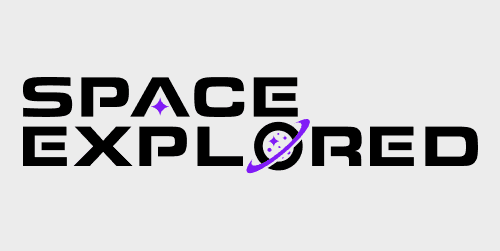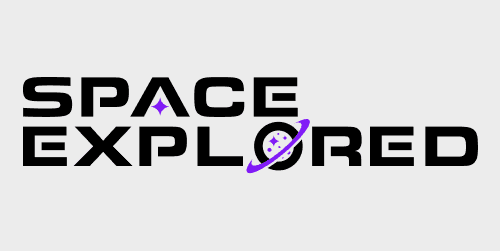
In a blog post on NASA’s Lucy website, the teams announced that the spacecraft is healthy, but they are looking into an issue with one of Lucy’s giant solar arrays.
On an Atlas V rocket, NASA’s first mission to Jupiter’s Trojan asteroids lifted off from SLC-41 early Saturday morning. The rocket successfully placed the spacecraft in orbit around the Sun, bringing it back for two gravity assists with Earth. These two assists will give the spacecraft enough energy to reach Jupiter’s orbit.
Within 30 minutes of the space probe being deployed from ULA’s Centaur upper stage, Lucy began communicating back to Earth that its systems were functioning correctly and began unfurling its two large solar panels. Once Lucy passes Jupiter’s orbit, these two panels will become the largest ever sent into deep space.
Lucy’s solar arrays, built by Lockheed Martin, are an upscaled version of the solar panels used by Northrop Grumman on their Cygnus spacecraft, used to ferry supplies to the International Space Station. The panels unfurl radially to form two large disks and clasps together once complete.

These clasps are what NASA’s teams are looking into, both solar panels opened shortly after launch and currently producing power, but one doesn’t seem to have clasped. It is unknown how this issue will affect Lucy’s mission. We will have to wait to see if the malfunction can be remedied by ground teams somehow or if the less than optimal power output can still support the mission’s objectives.
NASA plans to attempt a redeploy this week
In a second blog post about the situation, NASA stated again that the spacecraft is healthy and functioning normally. Furthermore, they mentioned that the “partially unfurled” array produces “nearly the expected power” compared to the fully deployed array. The teams have delayed other operations to focus on attempting to redeploy this array by the end of the week.
Want to help support Space Explored?
Shop on Amazon to support Space Explored writers
Directly support Seth by becoming a member of their Patreon.
Enjoy reading Space Explored?
Help others find us by following on Apple News and Google News. Be sure to check us out on YouTube, Twitter, Facebook, and Instagram, join our Discord!
FTC: We use income earning auto affiliate links. More.




Comments